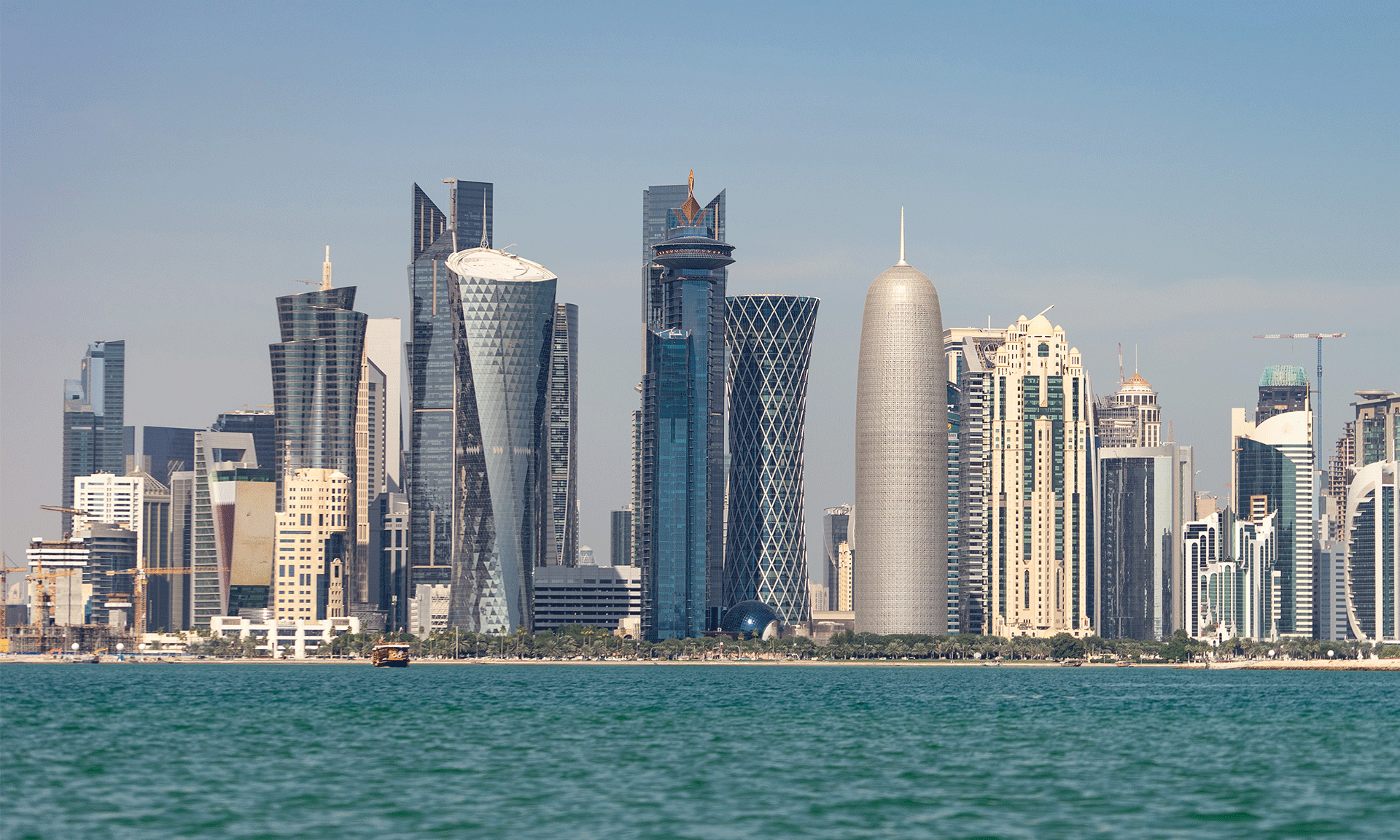On 5 January 2021, in a landmark declaration and signing of ‘solidarity and stability’ agreement during the 41st GCC Summit held in the city of Al-Ula; the UAE, Saudi Arabia, Bahrain, and the rest of the Gulf Cooperation Council (GCC) member states, including Egypt, signed the “Al-Ula Declaration” of ‘solidarity and stability’ marking the end of a three and a half year trade and diplomatic restrictions against the State of Qatar, severed on 5th of June 2017.
Although the “Al-Ula Declaration” has not been formally made public, re-establishment of political and economic ties between Qatar and other GCC countries including the UAE, Saudi Arabia, Bahrain, and Egypt has been made amply clear through the public statements made by senior Saudi, UAE, Egyptian, Bahraini and Kuwaiti officials.
Restoration of diplomatic ties with Qatar has led to the reopening of Qatar’s land, sea, and air borders to other GCC countries which were closed in the aftermath of diplomatic disputes resulting in the closure of airspace, land, and marine borders since 2017.
Qatar and Saudi Arabia share a land border that is now open for traffic including the marine borders between Qatar, Bahrain, Saudi Arabia, and the United Arab Emirates. The airspaces of Bahrain, Egypt, Saudi Arabia, and the United Arab Emirates are now open and the aircrafts originating from Qatar can enter others’ territory after the announcement was made.
Following the Al-Ula declaration, Saudi Arabia and the UAE have taken immediate steps to re-open all land, marine, and air passages for both inbound and outbound movements, to and fro, Qatar, and the concerned authorities in both countries have issued appropriate directives to this effect.
Resumption of air traffic between the UAE and Qatar happened from 9 January 2021 when the General Civil Aviation Authority (GCAA) of UAE declared re-opening of airspace stating that the GCAA would resume both scheduled and unscheduled flights between the two countries.
In similar efforts, on 8 January Abu Dhabi ports for Qatar vessels were opened and vessels were scheduled to depart the UAE for Qatar as the next port of destination.
Saudi Arabia too had announced similar measures that took effect from the evening of 4 January. The Civil Aviation Affairs (CAA) at the Ministry of Transportation and Telecommunications of Bahrain also announced the opening of Bahraini airspace for Qatar-registered aircraft, commencing 11 January. Similarly, according to the Egyptian Ministry of Civil Aviation, Egypt had reopened its airspace on 12 January, allowing Egypt Air and Qatar Airways as well as other Qatari airlines, to resume air traffic.
Trade and Business for both Qatar and the four GCC nation-states including Egypt look very promising in the near future which is also pointed out by S & P Global Ratings who added, ” We expect that the resolution of the boycott will support improvement in the region’s broader business and investment environment.”
In the wake of the restrictions imposed in 2017, most businesses in Qatar needed to re-strategize and reinvent their supply routes and procurement models to avoid the strategically located restricted jurisdictions including the UAE and KSA.
It is not only Qatar, during this embargo all businesses operating in the gulf had faced severe disruptions to transportation and supply routes, and workaround supply chains adversely impacted all businesses with higher operating cost and time.
Due to the recent development and lifting of the restrictions, it has now become paramount for businesses and organizations with operational presence in Qatar to realize and comprehend the implications of this trade development. It is believed that this recent agreement will present many opportunities to relook into the logistics and supply chain for optimizing overall business performance through business process reengineering and the right determination of customs and trade implications of such a supply chain and business model will be crucial for re-configuration.
Critically reviewing and assessing new supply chains with value stream mapping, businesses will identify how existing supply chains need to be changed for improved performance. Import duties and taxes can be an area of significant importance in optimizing the routing of goods around the GCC region.
As Qatar has introduced and demarcated several Free Zones, many multinational and GCC-based businesses should find the country economically preferable for new business establishments with access to numerous incentives to benefit from including tax holidays and customs duty reliefs on imports.
Businesses expected to reap the maximum benefit out of this deal will be the banking, import-export, travel and tourism, aviation, and hospitality sectors.
Even with the official lifting of the restrictions against Qatar, it is likely to take some time before the administrative decisions are enacted in full force and spirit to fully resume the shipment of goods between the Quartet and Qatar. The customs clearance protocols also need to be standardized. Though it would be too early to predict the outcomes, it will be a strong and important foundation for the economic prosperity and political stability in the GCC region. The 2022 FIFA world cup scheduled to be organized in Qatar will also act as a catalyst for the enhancement of business and trade.














